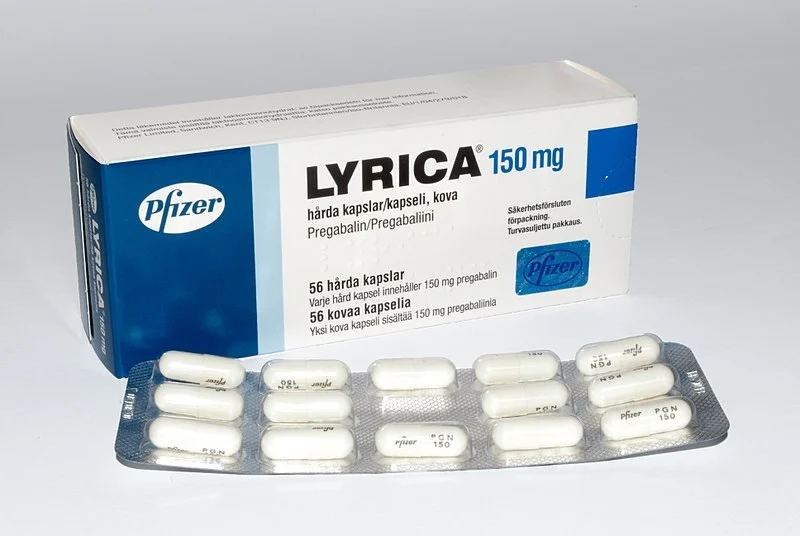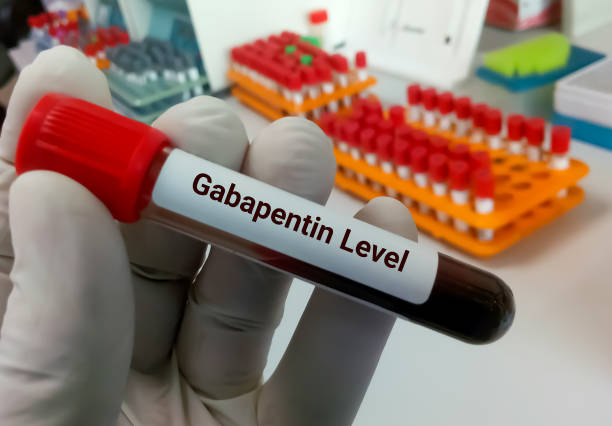Introduction
Curious about how does Methadone work? In this detailed guide, we delve into the mechanism of action, uses, benefits, and potential risks of methadone, a medication crucial in managing opioid addiction.
Understanding how does Methadone work
Methadone is a synthetic opioid that acts on the same receptors in the brain as other opioids, such as heroin and morphine. It belongs to the class of drugs known as opioid agonists, but unlike shorter-acting opioids, methadone has a long duration of action. This property makes it valuable in treating opioid dependence and addiction.
How does Methadone work in the Brain
Methadone works by binding to opioid receptors in the brain, primarily the mu-opioid receptors. By doing so, it mimics the effects of opioids without causing the intense euphoria associated with drugs like heroin. This action helps to alleviate withdrawal symptoms and reduce cravings in individuals recovering from opioid addiction.
Uses of Methadone
Methadone is primarily used as part of a comprehensive treatment program known as Medication-Assisted Treatment (MAT) for opioid addiction. It helps to stabilize individuals by preventing withdrawal symptoms and cravings, allowing them to focus on rehabilitation and recovery. Methadone can also be prescribed for managing chronic pain in cases where other pain relief medications are ineffective.
Benefits of Methadone Treatment
One of the key benefits of methadone treatment is its ability to reduce opioid cravings and withdrawal symptoms, which significantly increases the likelihood of successful recovery from addiction. Its long-acting nature means that it only needs to be taken once a day, enhancing convenience and adherence to treatment.

Potential Risks and Considerations
While methadone is effective in treating opioid addiction, it is not without risks. Like other opioids, methadone can cause side effects such as constipation, drowsiness, and respiratory depression, especially when taken in high doses or combined with other central nervous system depressants. It can also lead to physical dependence, necessitating careful monitoring and gradual tapering when discontinuing treatment.
Buy methadone from our store
For reliable sources to purchase methadone and to discuss its usage, visit our store .Explore options for managing pain and seizures safely and effectively.
Conclusion
Understanding how methadone works is essential for anyone considering or currently undergoing treatment for opioid addiction or chronic pain management. It plays a crucial role in stabilizing individuals and supporting long-term recovery. If you or someone you know is struggling with opioid addiction, consult with a healthcare provider to learn more about methadone treatment options and find the support needed for a successful recovery journey.
(FAQs) related to Methadone:
What Does Methadone Do?
Methadone primarily works by binding to opioid receptors in the brain, particularly the mu-opioid receptors. This action mimics the effects of opioids like heroin and morphine but with a slower onset and longer duration. It helps alleviate withdrawal symptoms and reduces cravings in individuals recovering from opioid addiction.
Mechanism of Action of Methadone for Addiction
The mechanism of action of methadone involves stabilizing the brain’s opioid receptors, thereby reducing the urge to seek and use opioids. Unlike short-acting opioids that cause rapid highs and lows, methadone provides a steady state of opioid effect, helping individuals maintain stability and focus on recovery.
Effects of Methadone on Organs
Methadone primarily affects the central nervous system (CNS) by altering neurotransmitter activity. Prolonged use can impact organs indirectly, such as through respiratory depression or constipation, common side effects associated with opioids. However, when used as prescribed and monitored, methadone’s impact on organs is generally manageable compared to illicit opioids.
How Is Methadone Different from Other Drugs?
Methadone differs from other drugs primarily due to its pharmacological properties. Unlike short-acting opioids that require frequent dosing and can lead to rapid tolerance and withdrawal, methadone’s long-acting nature allows for once-daily dosing. This stability in dosing helps in reducing cravings and stabilizing individuals over an extended period, which is crucial in addiction treatment.
For any inquiries or assistance regarding about Methadone, reach out to our dedicated WhatsApp support line . Our team is ready to provide personalized support and answer your questions promptly.









